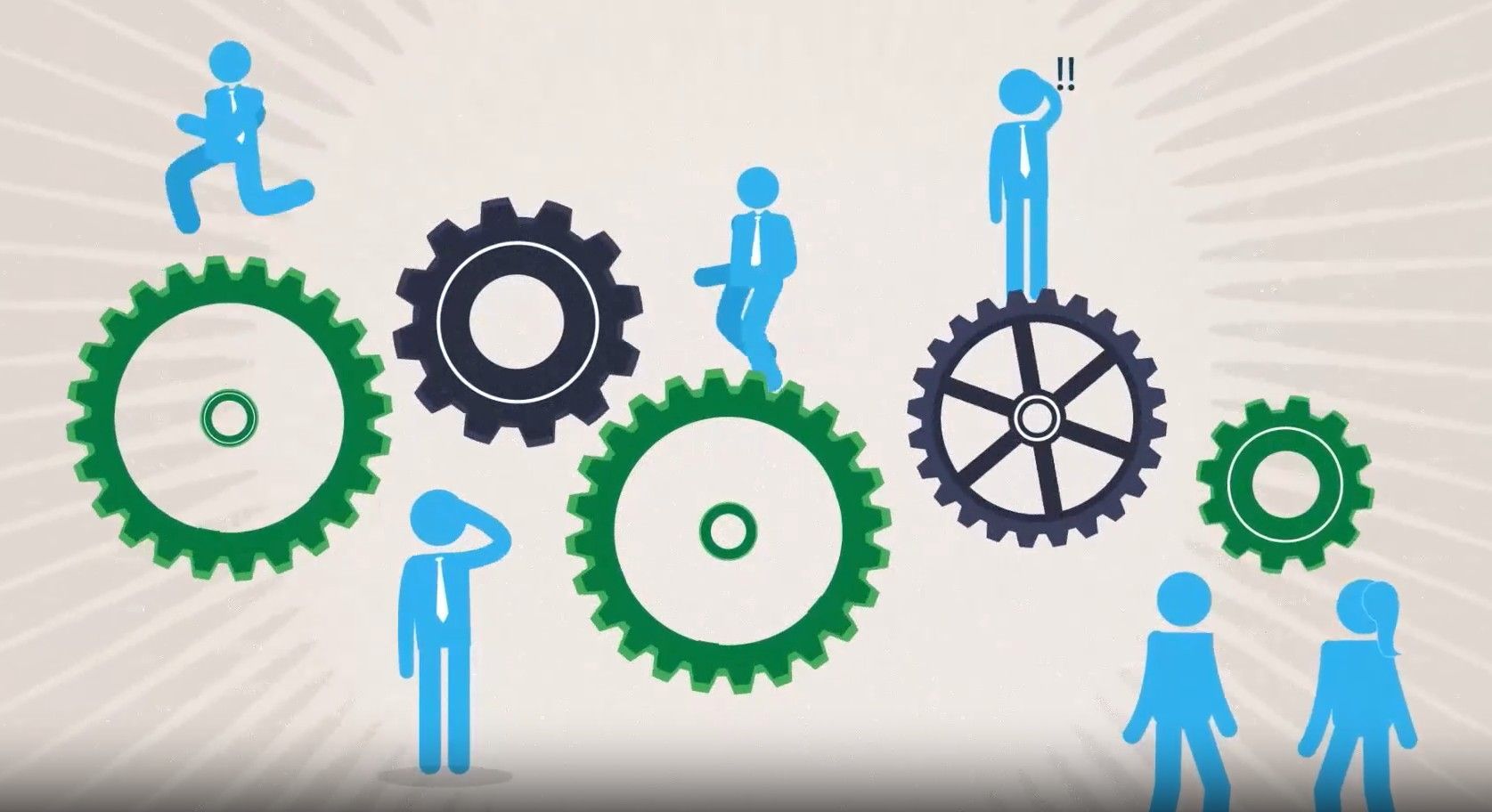The Good, the Bad, and the Beautiful
August 14, 2025
Once a promising trend, remote sales forces are now commonplace and for good reason. Locating salespeople in or near their territories can produce terrific (and much-needed) cost savings.
But remote sales forces can be uncommonly difficult to manage, and cost savings don’t translate directly into a stronger top line. The far-flung productivity enabled by technology can sacrifice what professional trainers and talent managers call “engagement”: the level of an individual’s commitment to an organization for its products or services and a passion for its purpose.
“The time you do spend with your salespeople becomes paramount,” says Andy Carr. As executive vice president of sales and marketing at AIR-serv, Carr leads a remote sales team that covers territories throughout North America and Europe. AIR-serv is the industry leader in tire inflation and vacuum services with some 65,000 locations at service stations, convenience stores, and car washes.
To encourage strong engagement, Carr uses regularly scheduled conference and one-on-one phone calls to provide guidance and help his reps feel connected to each other and to the company. But he says that conference calls just don’t accommodate those side conversations and bonding that face-to-face communication does.
So he goes one step further by getting his people together for our popular consultative selling course, FOCIS®, and for occasional refreshers. Carr has seen the FOCIS® training format deliver much more than innovative and productive training.
“FOCIS® creates camaraderie within our sales organization,” he explains. “It develops relationships our salespeople can use to bounce things off their peers, to talk about things that work and things they struggle with.”
Overall, a more-engaged employee performs better than a less-engaged employee, according to Gallup. And that goes double for salespeople-well, actually 2.6 times. Gallup studies have also shown that increased engagement has a direct effect on profits.
We see it ourselves with other sales organizations we train. A customized sales process and a common language with which to talk about selling produce better results.
We’ve also seen that, if well managed, sales forces can be successful whether they are centralized or remote. At least in part, well managed means well engaged. “Employees that are engaged will be working from the heart,” one sales rep told Gallup.
Here are some of the challenges we’ve seen that remote sales forces face and ideas we hope will be helpful if your company serves remote markets with local salespeople.
1. Transferring product and prospect knowledge is less likely to occur simply because fewer informal opportunities exist. When salespeople are in and out of the same office, transferring information about products, customers, and prospects happens without extra effort.
And there are special cases. Salespeople from an acquisition who join the team may well have a history with the prospects you’re working on. If they’re remote, capturing that information and sharing it internally will be tougher. Software coupled with cloud-based systems can help because all of your salespeople can access it.
2. Peer-to-peer sales training is reduced. When experienced and inexperienced reps are located near each other, mentoring relationships develop and lead to more joint sales calls. To compensate in a remote sales team, consider:
• Investing in more sales meetings. They bring your sales people together and let them exchange tips, ideas, product information, and success stories.
• Building in “down time” as well as “uptime.” To intentionally accelerate informal learning, AIR-serv’s Carr brought his European sales force in for training with us and added several days to the traditional meeting format. During that time, the European and American salespeople rubbed elbows and exchanged information and ideas that resulted in more sales on both sides of the Atlantic.
3. Establishing and maintaining a consistent corporate sales culture becomes more challenging. However, as Carr discovered, developing a customized sales process can more than offset that. An established process also allows salespeople new to the company to get up to speed faster, in part because common terminology results in faster communication that can almost be called “sales shorthand.”
We’re not talking about a “canned pitch” PowerPoint here. We’re talking about common strategy, common principles of consultative selling, common intellectual property assets your salespeople can share-visuals, discovery questions, stories, rules of thumb-and a common purpose. These are true competitive advantages that keep your reps engaged and always moving in the right direction no matter where they work.
4. Being part of that culture can be especially difficult for individual salespeople. One way to reduce that problem is to schedule training in connection with a significant company date or event.
Here’s a beautiful example. I was on my way to lunch after conducting a morning sales training session at National Research Center for College & University Admissions (NRCCUA) headquarters. The company helps schools find and enroll students that meet their profiles. I entered the lobby to find all 60+ employees eating their lunches while sitting on the floor. The CEO explained that on July 1, 1988, their first day in business, the four people who launched the company had no cash in the bank and no furniture in their offices.
One of the four cut a two-for-one lunch coupon out of the paper for Burger Boy, a local hamburger joint. She brought back four burgers and the four original employees sat on the floor and ate them. Now, every year on or about July 1, that scene is replayed-complete with Burger Boy specials-as a way to remind current employees of how far the company has come and how much great work they’ve done to bring it to this point.
Sales managers: How are you managing your remote sales force? Sales reps: How do you succeed as a remote sales rep? Call or e-mail us to talk about it. And don’t forget to ask us about our FOCIS® consultative selling course. We’ll be happy to talk about that, too.
The post The Good, the Bad, and the Beautiful appeared first on Productive Strategies, Inc..










